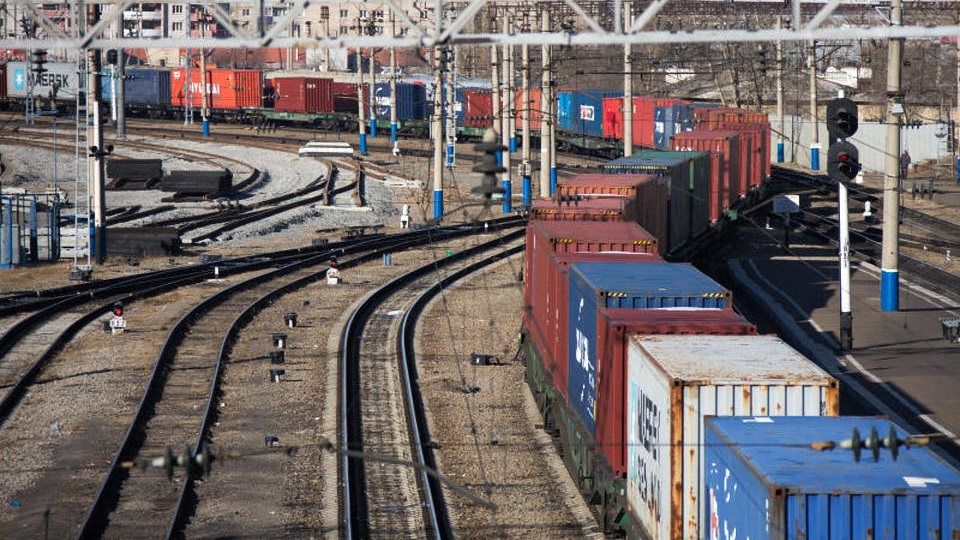These Russian banks are excluded from SWIFT

The EU has extended sanctions on Russian banks. Since 2 March, it has excluded seven Russian banks from the SWIFT system. “This practically means that these banks will barely have access to international markets”, explains Sebastiaan Bennink, sanctions lawyer at BenninkAmar. How does this impact the rail freight business?
“That means that individuals and companies using the listed banks will have a harder time borrowing or investing money across borders, receiving cash for exports and paying for imports”, says Bennink. the seven Russian banks excluded from SWIFT are Bank Otkritie, Novikombank, Promsvyazbank, Bank Rossiya, Sovcombank, VNESHECONOMBANK (VEB) and VTB BANK. You can take a look at the official EU document listing the banks excluded from SWIFT here, page 6.
Last Friday, the EU sanctioned all state-controlled banks, covering 70 per cent of Russia’s banking sector. As explained before, sanctions on banks mean that if one of these banks is involved in a company’s supply chain, this is in breach of the sanction law. With the exclusion of banks from the SWIFT system, things become more critical since international transactions are practically impossible.
Out of SWIFT, what does it mean?
According to the new Article 5h of Regulation 833/2014, the listed Russian banks in Annex XIV (e.g., VTB Bank and Bank Rossiya) are excluded from so-called “specialised financial messaging services”.
“In practice, this means that the listed Russian banks in Annex XIV are excluded from SWIFT, formally known as the Society for Worldwide Interbank Financial Telecommunication. SWIFT is a messaging system for financial institutions, such as banks, to provide instruction messages for international transactions”, highlights Bennink.
Are there alternatives?
“There are workarounds, as the banks could use other messaging systems such as fax or email, but this is not considered secure and will take more time at higher costs. What is more, several of the banks listed in Annex XIV (such as VEB Bank) have also been subjected to an asset freeze, meaning that EU persons are already prohibited from doing business with those banks subject to an asset freeze”, he adds.
“In light of the implications described above, I would therefore advise refraining from doing business with the sanctioned banks. Businesses could consider consulting their own (non-Russian) national bank to advise whether transactions can be processed through banks other than those sanctioned by the EU. However, as the situation in Ukraine continues to unfold, it cannot be excluded that more banks will be sanctioned”, concludes Bennink.
Also read:
- The EU sanctions on Russia explained, what is still possible?
- EU imposes sanctions on Russia, what do they mean for rail freight?
You just read one of our premium articles free of charge
Want full access? Take advantage of our exclusive offer




